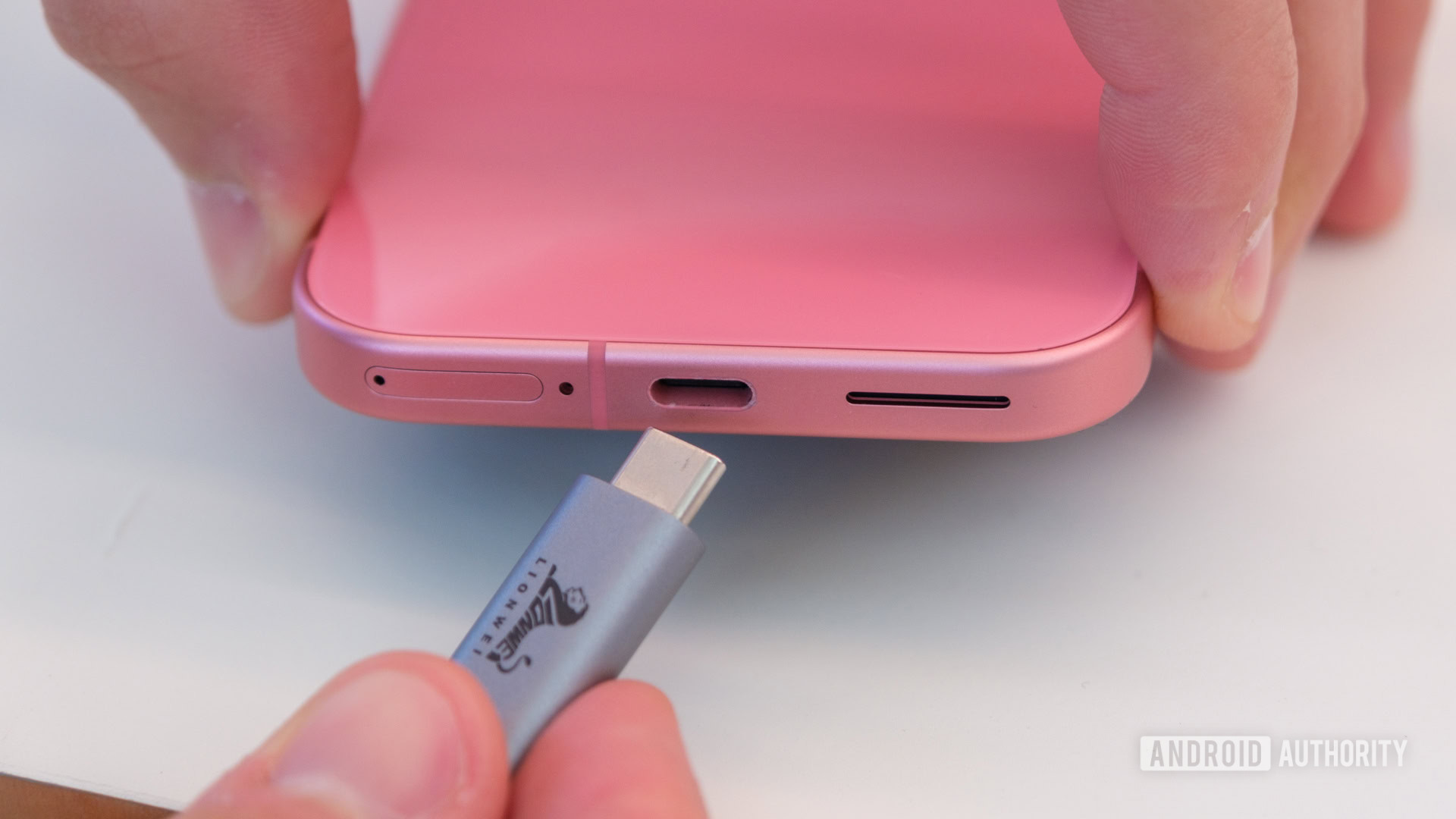Affiliate links on Android Authority may earn us a commission. Learn more.
Google says the Pixel 9 series 'supports' Qi2 charging, but with one big drawback (Update: WPC response)
Published onAugust 19, 2024

- Even without a magnetic ring, Google says the Pixel 9 still works with Qi2 wireless charging.
- The Qi2 standard does not technically mandate support for the Magnetic Power Profile (MPP).
- Pixel 9 owners can use a magnetic charger by outfitting their phone with a compatible case.
Update, August 21, 2024 (12:55 PM ET): Google will not directly confirm to us whether or not the Pixel 9 series is Qi2-certified, as opposed to merely supporting Qi2 chargers through their legacy compatibility. But we’ve also been in contact with the Wireless Power Consortium, and while the WPC has yet to publicly share any Pixel 9 certification documentation, we have received confirmation that the regular Pixel 9 is not Qi2-certified.
Original article, August 19, 2024 (03:47 PM ET): Wireless charging has been around for years now, and it only keeps getting better. While early days were plagued by slow charging speeds and poor charger alignment, things have come a long way since then, and modern standards like Qi2 are robust enough to compete with wired solutions. We’ve been excited to see phones start embracing wireless charging advancements, so we were a little disappointed when it looked like the Pixel 9 and Pixel 9 didn’t support Qi2. As it turns out, that may not be quite the case, and it all stems from some common misunderstanding about what Qi2 really is.
Apple fans have been enjoying the luxury of magnetically aligned wireless charging since the iPhone 12, and with MagSafe working as well as it does, it’s little surprise that the Wireless Power Consortium (WPC) developed Qi2 to replicate a lot of that functionality. Now, Qi2 is a whole lot more than just a magnetic ring, and the protocol includes upgrades like adaptive charging that actively communicates between device and charger. But it feels like everyone (ourselves included) got the impression that magnetic connectivity was a baked-in, core component of Qi2. Turns out: not so much.
Over on X, Mishaal Rahman highlights the distinction, and it turns out the WPC even prepared alternate iconography to let shoppers easily tell the difference between Qi2 devices that do, and those that don’t support Qi2’s Magnetic Power Profile (MPP):

This sounds like what could be going on with the Pixel 9 and Pixel 9 Pro, with hardware that supports all the energy-transfer and communication standards that make up Qi2, but Google not electing to extend that to the full MPP and give the phones magnets on their back.
For users who are interested in a magnetically attached wireless charging solution, Google tells us that they can always outfit their Pixel 9 with a case that has magnets. Just keep in mind which phone you’re shopping for; while normal cases may swap back and forth between the Pixel 9 and Pixel 9 Pro with ease, the charging coils aren’t in the same place on this pair, so you’ll need to make sure you’re buying the right case for your phone.
At least, that’s the best-case scenario here, as while Google has confirmed to us that despite the lack of magnets, the Pixel 9 phones are Qi2-compatible, we have some further questions about just how far that support extends. Critically, the company has used language like “compatible with Qi2” and “work with Qi1 and Qi2 chargers” in its communication with us, but Qi2 chargers are backwards-compatible with Qi1 devices.
That leaves the door open for more ambiguity than we’re comfortable with, so we’ve reached back out to the company for clarification. We’ll update this post with any further information we learn.
This is a developing story. Please check back later for more information.